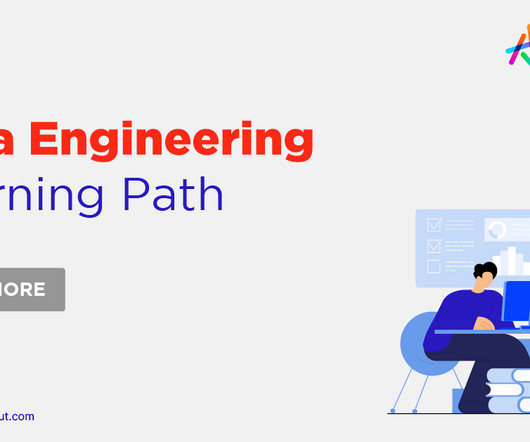Data Engineering Learning Path: A Complete Roadmap
Knowledge Hut
JUNE 23, 2023
You should be well-versed in Python and R, which are beneficial in various data-related operations. Apache Hadoop-based analytics to compute distributed processing and storage against datasets. Machine learning will link your work with data scientists, assisting them with statistical analysis and modeling. What is HDFS?












Let's personalize your content